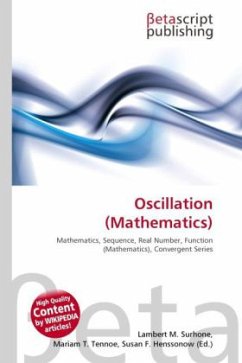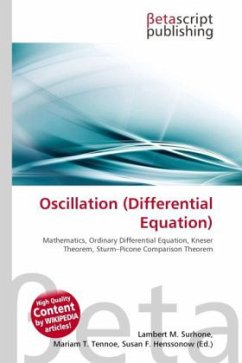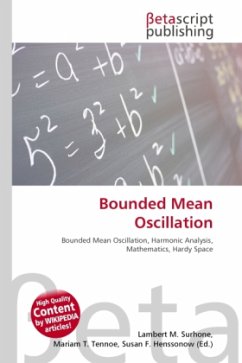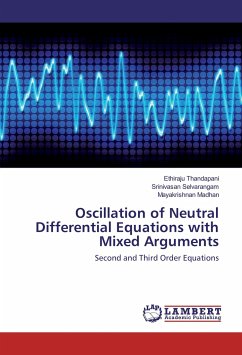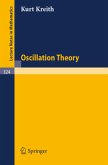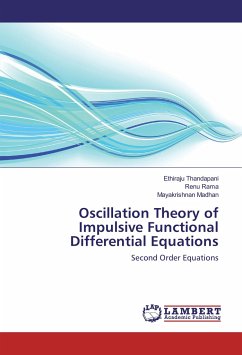High Quality Content by WIKIPEDIA articles! In mathematics, oscillation is the behaviour of a sequence of real numbers or a real-valued function, which does not converge, but also does not diverge to + or - ; that is, oscillation is the failure to have a limit, and is also a quantitative measure for that. Oscillation is defined as the difference (possibly ) between the limit superior and limit inferior. It is undefined if both are + or both are - (that is, if the sequence or function tends to + or - ). For a sequence, the oscillation is defined at infinity, it is zero if and only if the sequence converges. For a function, the oscillation is defined at every limit point in [- , + ] of the domain of the function (apart from the mentioned restriction). It is zero at a point if and only if the function has a finite limit at that point.
Bitte wählen Sie Ihr Anliegen aus.
Rechnungen
Retourenschein anfordern
Bestellstatus
Storno

